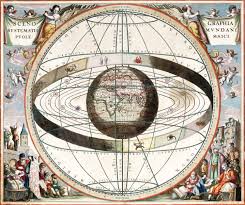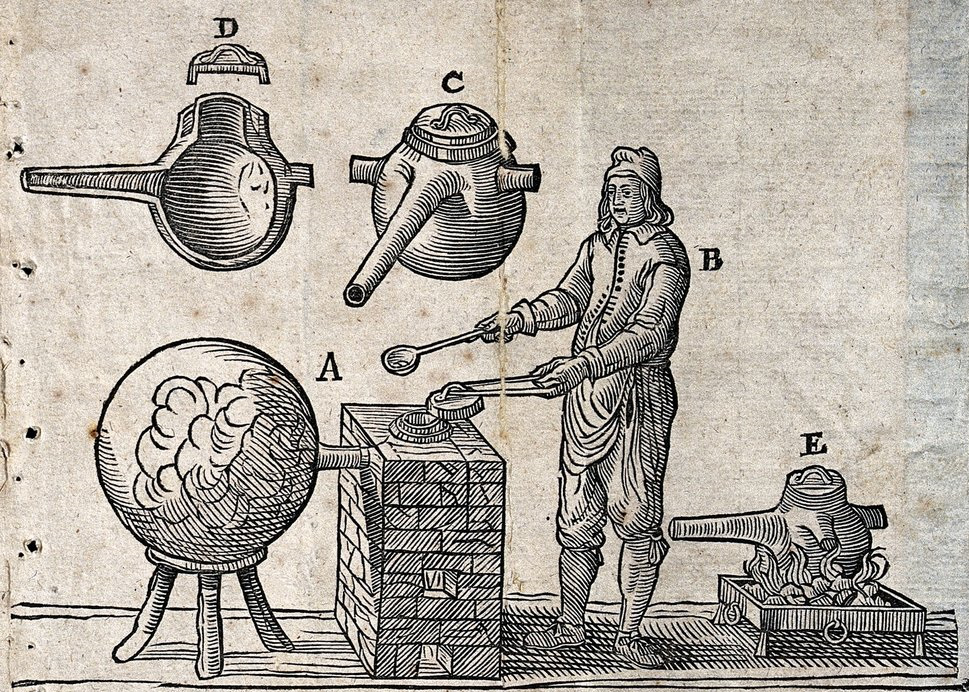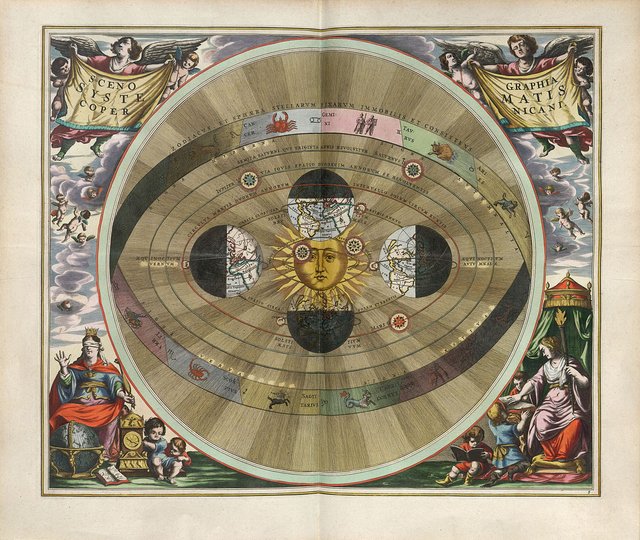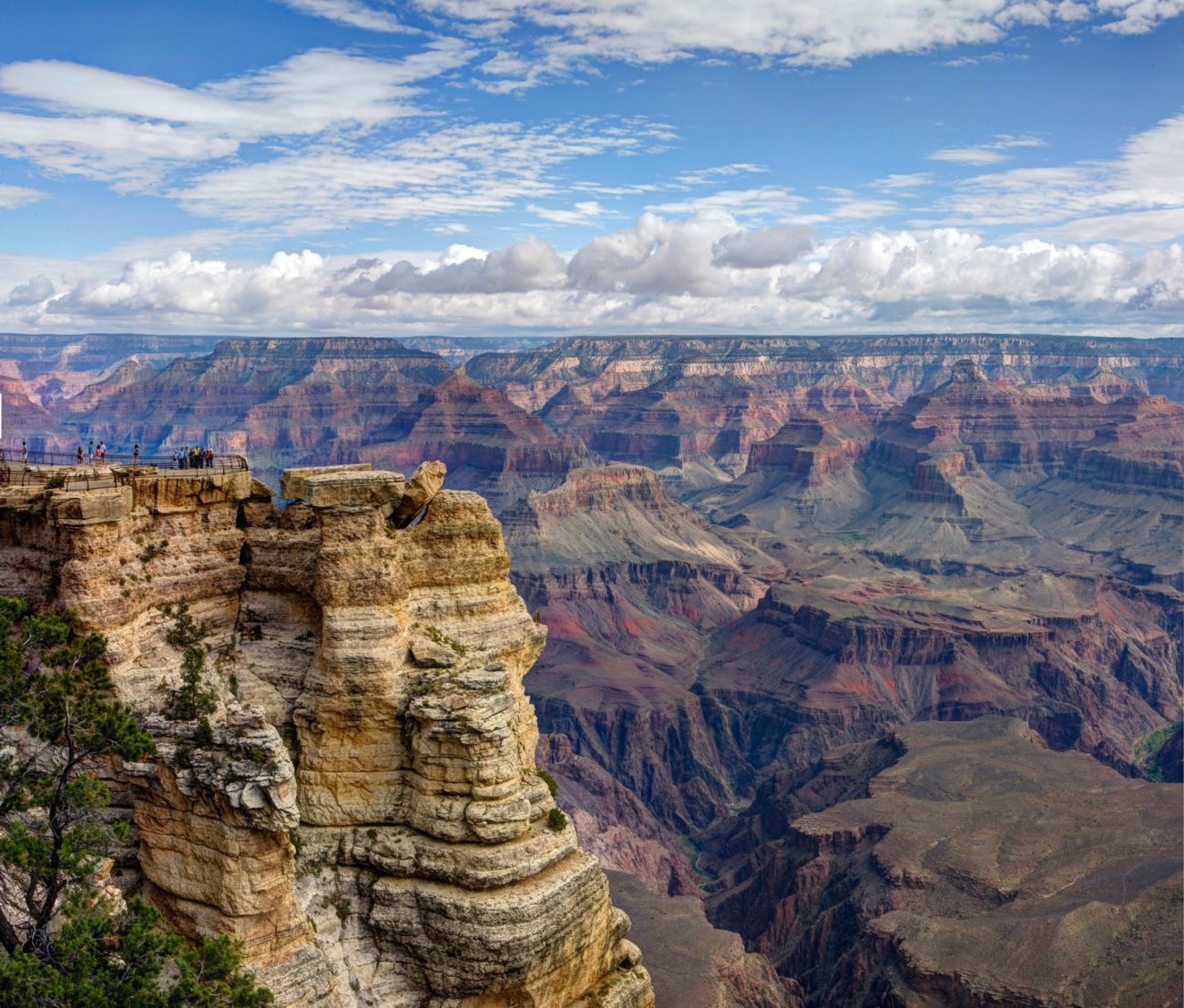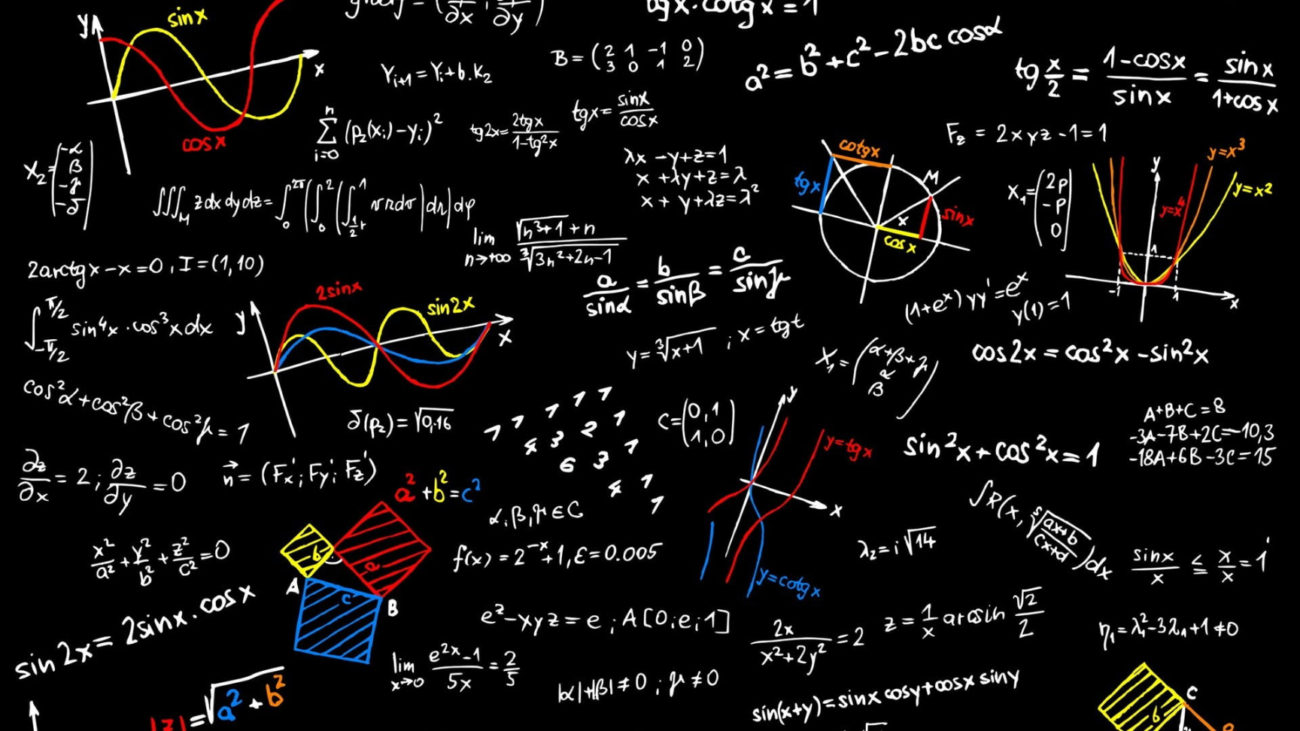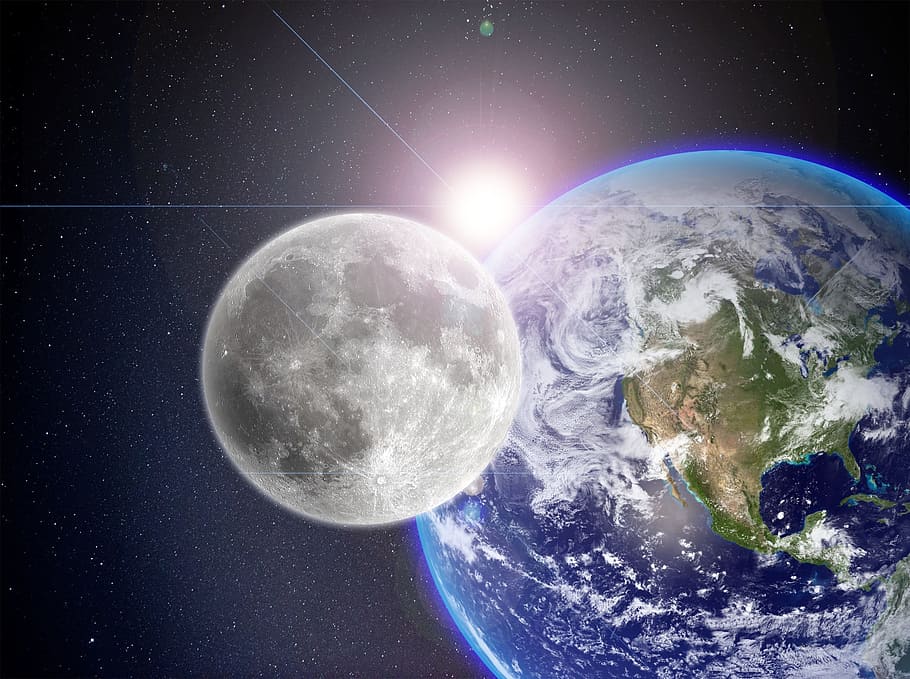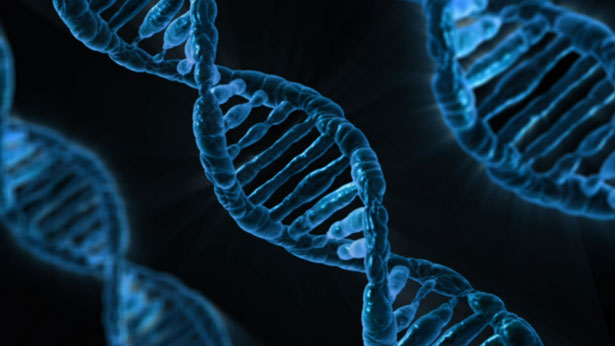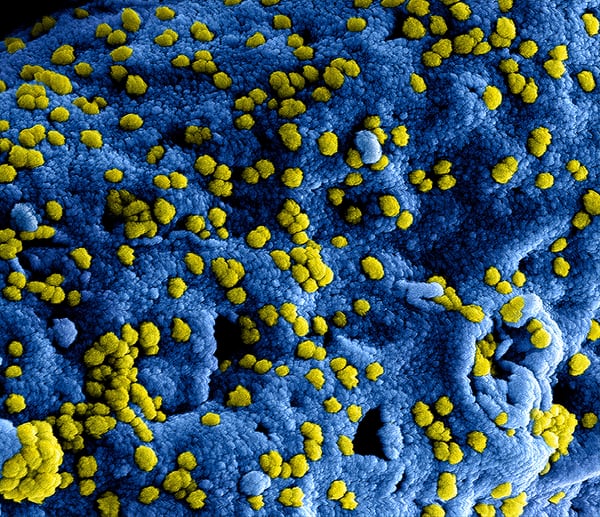LIFE EARTH SKY offers a series of informative blogs to help us understand many ways our World is changing as Life, Earth, and the Atmosphere interact with each other. Far more is happening than just a warming planet and changing climate. Our goal is to help more people understand the reasons Earth is warming, climates and ocean chemistries are changing, how life is being impacted, how the gases in our atmosphere are being impacted, and consider what this means for future generations, extending for millennia to come.
Life, Earth and its Atmosphere, our Sky, are each very complex topics to research and understand. It takes the scientific method to research and discover billions of interrelated facts. Each topic is very complex, with countless interconnected, moving parts. We must rely on many different scientific disciplines or specialties to understand and develop effective strategies for healing Life, Earth and our Sky. The scientific research is ongoing and conclusive. Scientists know what we should do. Not being scientists, it is difficult for most of us to understand the problems, their magnitude, and recognize the right solutions and actions to take.
LIFE EARTH SKY aims to inform and enlighten. We will cover current understandings gleaned from multiple scientific disciplines. We’ll discuss the what, where, when, how and why for a better understanding of the changing conditions on our planet. Over time, more scientific disciplines will be introduced for background knowledge. Their blog articles will follow, telling more details, unfolding the story as we go to explain the causes and effects of the changing conditions and direct consequences affecting LIFE, EARTH and SKY.
Knowledge Impacts Everything We Do
We hope sharing this knowledge will have positive and powerful impacts.
Please join us.
July 2021 through December 2024 Update ~
Back in July 2021, scientific journal articles began being published at a rapid rate concerning a book I was writing. It was on hold waiting for the science to catch up. Once technology had advanced enough (quantum leaps), articles that related to my book topics started becoming available. I dropped everything to finish my book, given the new discoveries and evidence.
I thought it might take 3 or 4 months, tops. Nope. I have been working on the book, with new articles related to my book’s topics being published nearly every day – so much to learn and keep up with.
Finally, on December 16, 2024, I finished reading/reviewing/taking notes/writing, and am now in the editing/formatting/cover design phase. Once this book is complete (hopefully only a couple more months and not another year! ), I hope to return to contributing to Life Earth Sky.
Thank you for your kind messages. I look forward to getting back into this groove soon …. but finishing my book is primary. I am just so fortunate and grateful for such significant technological advances. I am working as hard as I can on the book to complete it.
Happy Holidays and New Year! See you in 2025!!!

